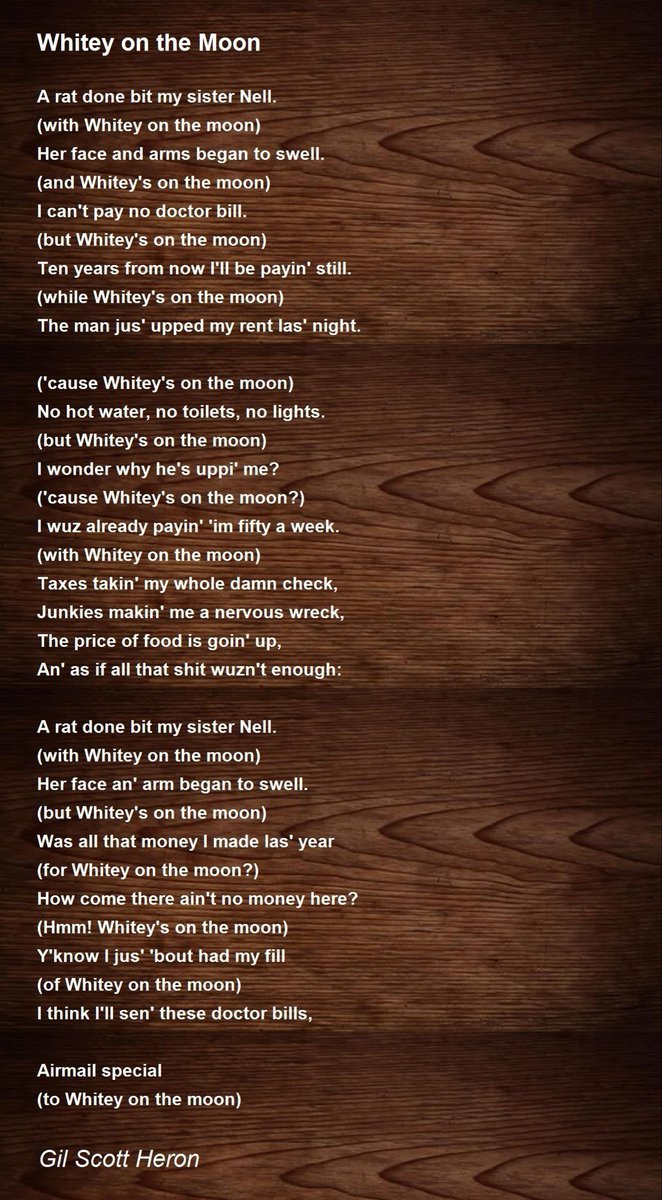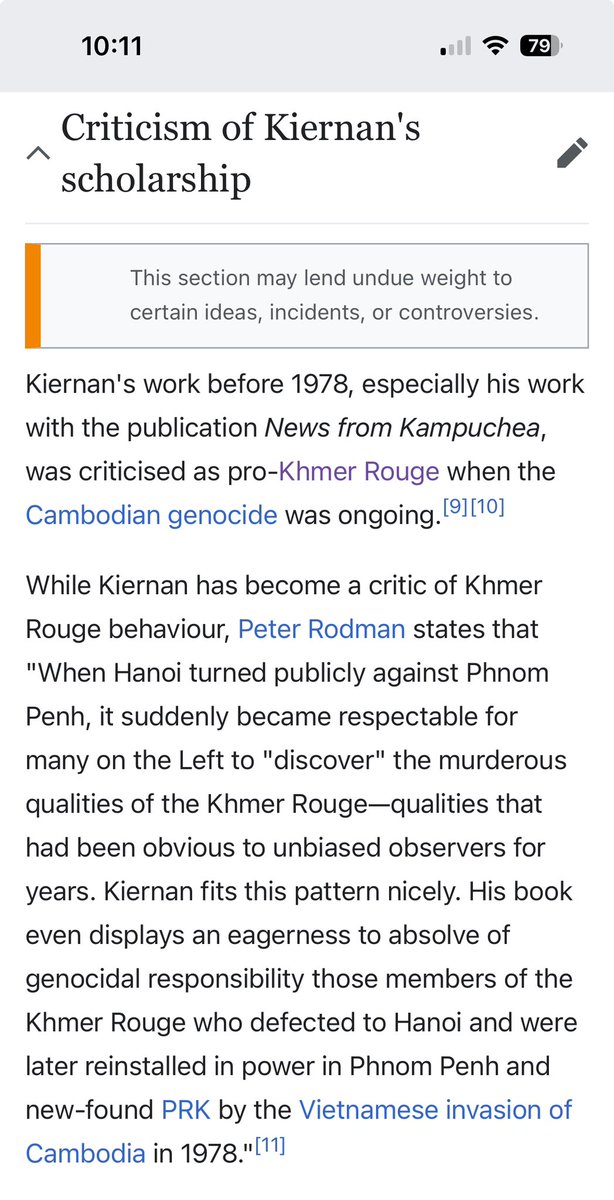Researching some stuff on the Great Awokening and decided to revisit the Charlie Hebdo murders and various responses to it. This open letter to PEN written by Teju Cole and co-signed by hundreds of other mainstream writers like Joyce Carol Oates is as striking now as it was when I read it 10 years ago.
This was an early indication for me that something was very very wrong in the world of American intellectual life and that we were headed down a dark path.
The context here is hat PEN awarded Charlie Hebdo with a "Courage" award in the aftermath of the murders. Hardly a provocation from a Free Speech organization. But the signatories of this letter didn't like that. Sure, the Hebdo cartoonists were brutally slaughtered for drawing a picture, but, well they were ... racists!
This really is a perfect encapsulation of the who/whom logic that would become the engine of the Great Awokening.
This was an early indication for me that something was very very wrong in the world of American intellectual life and that we were headed down a dark path.
The context here is hat PEN awarded Charlie Hebdo with a "Courage" award in the aftermath of the murders. Hardly a provocation from a Free Speech organization. But the signatories of this letter didn't like that. Sure, the Hebdo cartoonists were brutally slaughtered for drawing a picture, but, well they were ... racists!
This really is a perfect encapsulation of the who/whom logic that would become the engine of the Great Awokening.

Other thing about Charlie Hebdo, it was the first time I saw the NPC update happen in real time...
Right thinking people were initially appalled and supported CH unconditionally. But over the days and weeks that followed, they changed their views to align with the letter above
Right thinking people were initially appalled and supported CH unconditionally. But over the days and weeks that followed, they changed their views to align with the letter above
I observed this with personal acquaintances. Smart libs inside of academia. Their instincts were right. This wasn't complicated or nuanced at all. But very quickly they lost the courage to say so directly. Suddenly this was a moral gray area.
It really was shocking to see.
It really was shocking to see.
• • •
Missing some Tweet in this thread? You can try to
force a refresh












